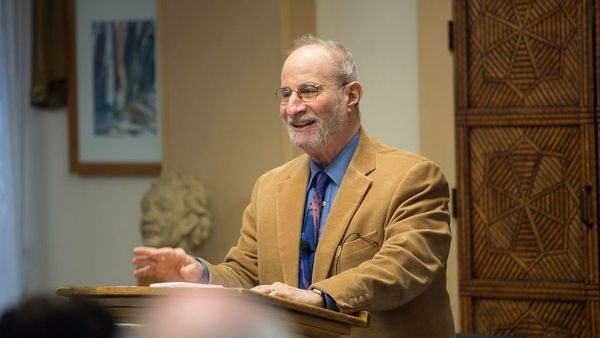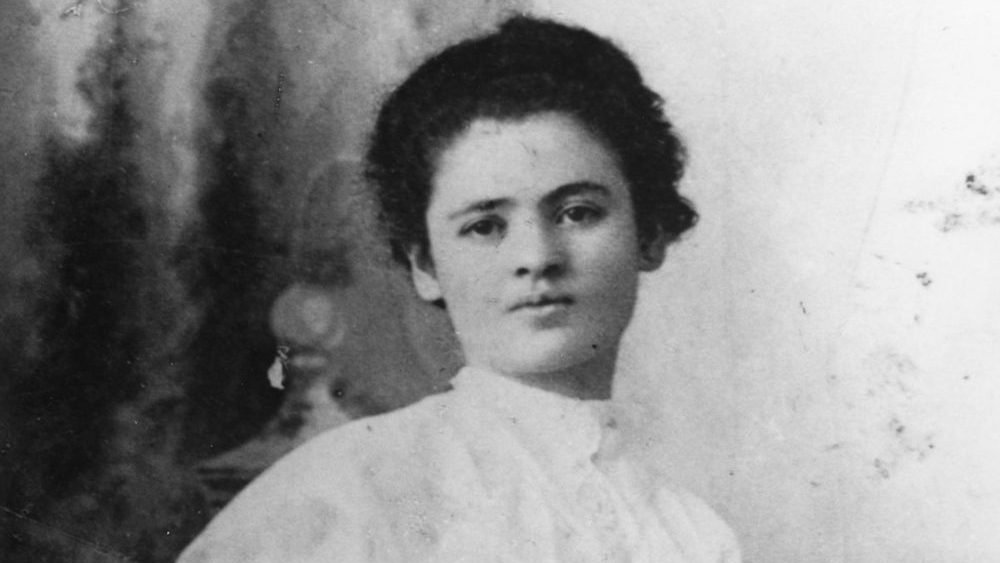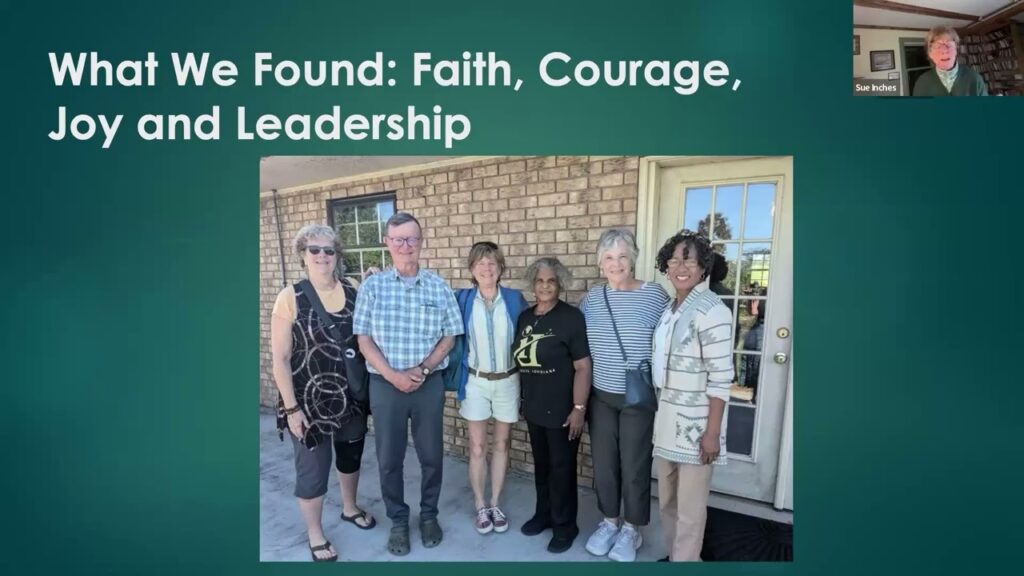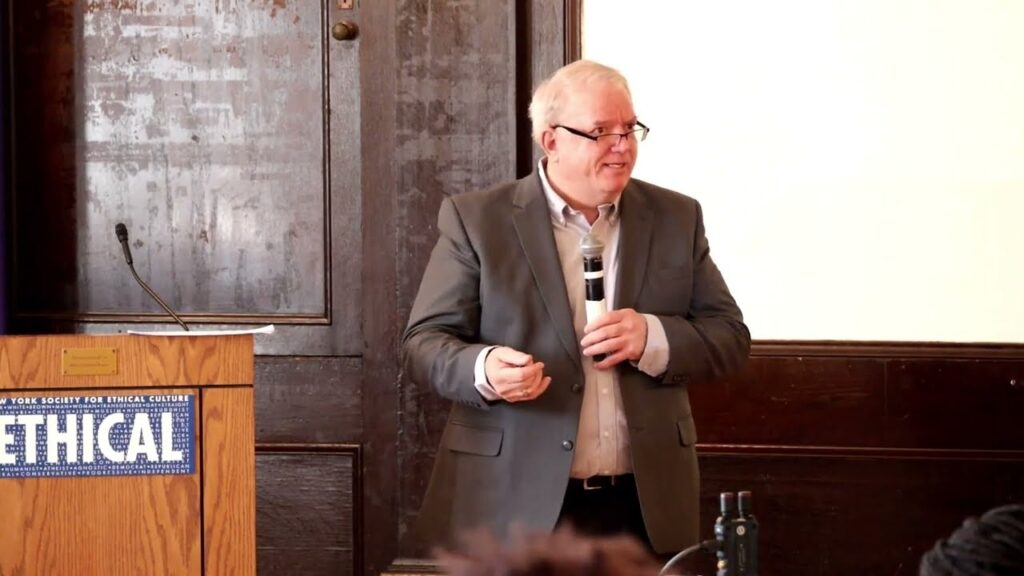
By Dr. Joseph Chuman, Leader
As we all know, our presidential election looms and, arguably with it, the underpinnings of the American future. Its outcome may well determine whether America will survive as a democracy or some form of autocracy will end the American experiment.
The stakes could hardly be greater. If things turn out well, America will have an opportunity to rebuild itself. And rebuild it must.
We all sense that we are living in extraordinary times. I suspect there is a narcissism that comes with many eras. Those who lived through the Civil War, the Depression, World War II, the 1960s, each felt that their times were exceptional.
But what’s distinctive about our age, of course, as we all know, is that we have been afflicted with major assaults simultaneously. The pandemic alone has pervasively disrupted our lives and severed social relations. With uncertainty as to when it will end, we endure gnawing anxiety. Society confronts massive economic dislocations: surging job loss, evictions, ruined businesses that will never return. And we have ongoing social protest, born of police killings of African-American men deeply lodged in systemic racism that permeates multiple strata of American society. And in just a few weeks, we face what is perhaps the most consequential presidential election in our history.
I want to assert some optimism into the picture and focus on the concept of exceptionalism for a moment. We are, as noted, in an exceptional moment. But America has often considered itself an exceptional nation. The notion of American exceptionalism has had both its positive and negative employments. The Puritans saw a divine hand in the settling of America and referred to the new land as “a shining city on a hill.” Closer to our values, many have considered America as exceptional because it is one of the few countries rooted in ideas and ideals – freedom, equality, opportunity – not one based on identity with a majoritarian ethnicity. One public figure who embraces this concept very often is Barack Obama, and I think his belief in America’s exceptional status may be a source of his perpetual optimism about the nation’s future. He certainly understands what is at stake at the moment; perhaps we can borrow from him.
Obama America’s exceptionalism is rooted in what he sees as a distinctive American commitment to our national self-improvement. If we take our founding ideals of freedom, equality, and opportunity and apply them to our current condition, we can emerge as a better people for it. Obama’s belief lacks the hubris characteristic of chauvinism because it starts from the acknowledgement that American society is flawed. It is not that we are an unalloyed good people, rather that we can make ourselves better inspired by our founding ideals.
If we take our founding ideals of freedom, equality, and opportunity and apply them to our current condition, we can emerge as a better people for it.
I see a bit of overlap in this with the philosophical outlook of Ethical Culture’s founder, Felix Adler. Adler powerfully affirmed the role of ideals in inspiring us to improve our lives and the life of society, recognizing that we are finite and fallible creatures and we always fall short of reaching our ideals. But he also asserted that in the frustrations of falling short, we come to cherish the truth and value of our ideals even more strongly.
There is something in these insights that we can use in the current circumstances that demand so much of us. Perhaps, given the darkness of the moment, it is hard to even imagine that there is light beyond. But in order to cope I think it is important that we shape the frame of mind that we will get beyond it, that there will be a better day. We can employ a commitment to our ideals to personally lift our spirits and summon the energy to build a better America.
We know that on the personal level, when we are severely challenged as we are now, we often need to dig deeper to summon emotional resources in order to cope and move on. Sometimes we discover resources we doubted we have. Out of necessity, human beings can be very resilient.
What we discover on the personal level I believe we can find on the national and social level. Our nation, our society, possesses a collective resilience. We can draw from the strength of our democratic institutions. We can be buoyed by our history of progressive activism and traditions that have transformed our society for the better – the abolitionist movement, the labor movement, the movement for suffrage, the civil rights movement, the enfranchisement of gays and the disabled, and hundreds of other movements, unnamed. And we can be inspired by our founding having been based on exceptional ideals that can serve as the lodestars for building a better American future. Our current challenges can provide a gateway for America’s maturation.
As I have noted before, our humanism suggests that there are always choices to be made, and our future is an open future. We need to sustain our optimism and our faith. And, let us not forget, after the night comes the dawn and the phoenix rises anew from its ashes.







